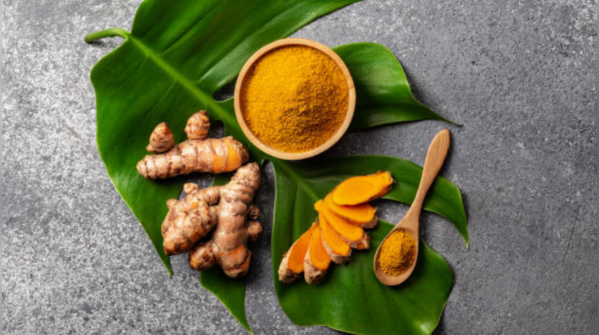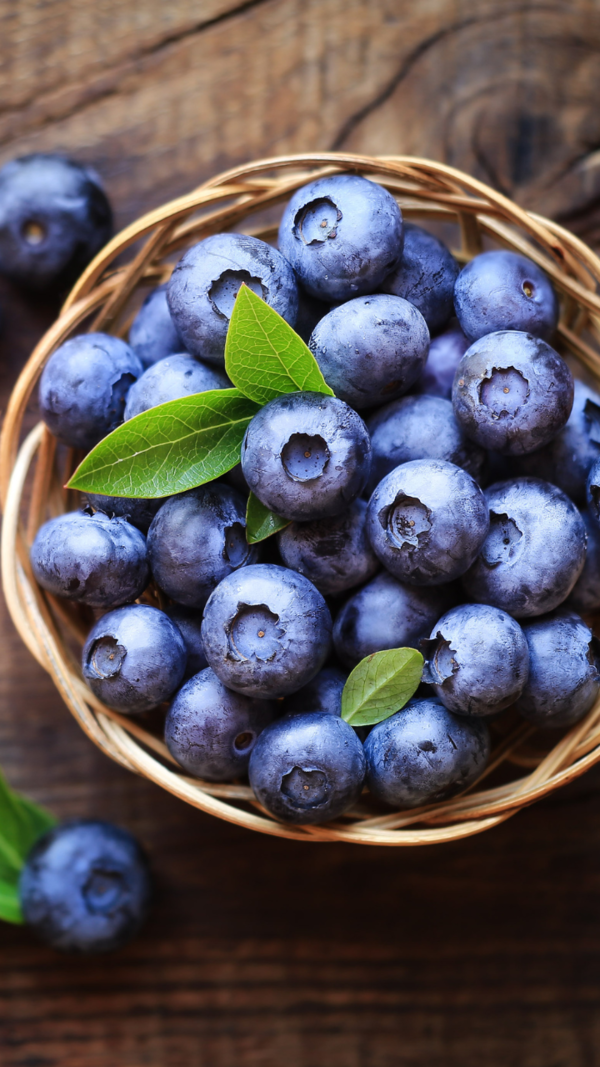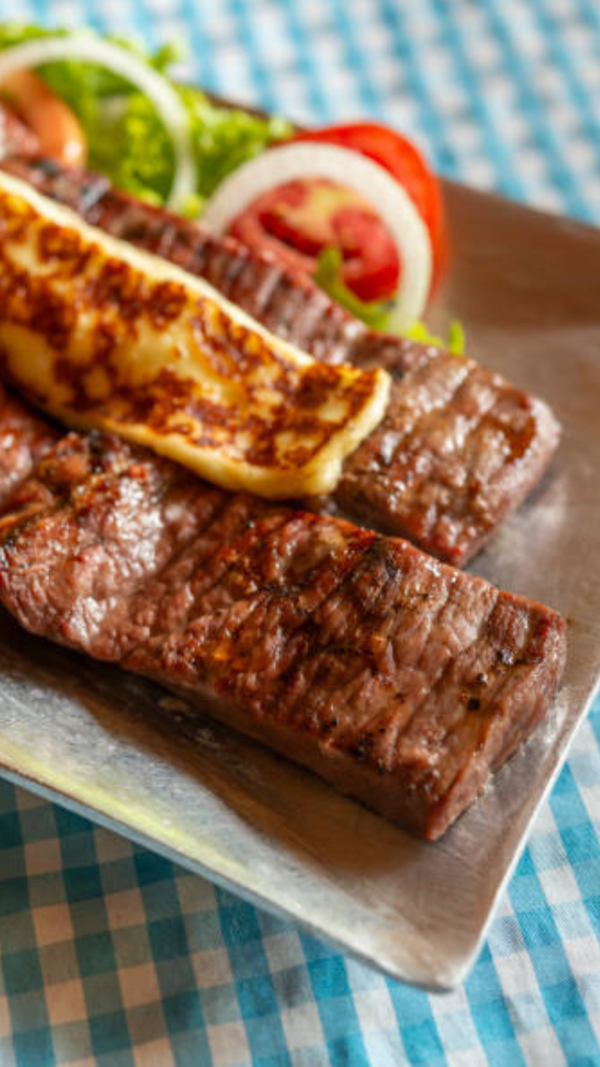- News
- lifestyle
- health-fitness
- health-news
- 10 natural antibiotics that are easily found
10 natural antibiotics that are easily found

10 natural antibiotics that are easily found
Nature has healed us long before the arrival of modern medicine. Throughout history and across cultures, humans have reached for nature to combat infection and boost immunity. These natural antibiotics are recognized for their intense antibacterial, antifungal, and antiviral properties. The best part? Many of them are probably already in your kitchen. Below are ten easy-to-access natural antibiotics filled with healing potential.

Garlic
Garlic has an ingredient named allicin that is antibacterial and antifungal. Garlic has been used to cure wounds, infections, and even respiratory conditions for centuries. It's known to fight off usual bacteria such as E. coli and Salmonella, and it even works on antibiotic-resistant bacteria. You can have it raw, use it in cooking, or take it as a supplement. Crushed or chopped garlic releases allicin, making it more potent. Regular use can also help boost immunity, reduce inflammation, and support heart health, making it a must-have in any natural medicine cabinet.

Neem
Neem has been a staple in Ayurvedic medicine for thousands of years. Almost every part of the neem tree, i.e, leaves, bark, and seeds, has medicinal properties. It possesses strong antibacterial, antifungal, and antiviral properties, thus helping in curing infections, skin diseases, and even oral ailments. Neem leaves find frequent application in pastes or powders for the treatment of acne, cuts, and fungal diseases. Neem oil also finds extensive use for the cure of scalp diseases and dandruff. Its bitterness might be too much, but it is highly effective in cleansing the blood and boosting immunity naturally.

Tea tree oil
Tea tree oil is renowned for its strong antimicrobial and anti-inflammatory properties. Derived from the leaves of the Melaleuca alternifolia plant, it's particularly useful in treating skin infections such as acne, athlete's foot, and ringworm. A few drops in a carrier oil can treat cuts, insect bites, or fungal nail infections. It's even employed in natural mouthwashes to combat oral bacteria. Although not for consumption, tea tree oil is a natural addition to your first-aid kit or skincare regimen.

Turmeric
Turmeric, the golden spice, has curcumin which is an active agent that is famous for its strong anti-inflammatory and antimicrobial properties. Widely used in Indian homes, turmeric aids in healing wounds, combating infections, and maintaining healthy guts. Turmeric paste is conventionally applied to injuries to stop infection and promote healing. Turmeric milk (haldi doodh) is often consumed as a treatment for colds and sore throats. Curcumin reduces inflammation in long-term ailments such as arthritis. Taking turmeric with black pepper maximizes absorption, making it an even more powerful natural antibiotic.

Cloves
Cloves are more than merely a warming spice, it has thousands of antibacterial and antiviral compounds. The active component in cloves, eugenol, is a powerful antiseptic. Clove oil is frequently used to alleviate toothaches and gum pain because it can numb and disinfect the affected area. It can also be included in herbal teas to calm sore throats and respiratory problems. Cloves, aside from dental applications, promote digestive health and remove toxic bacteria from the digestive system. Whether whole or powdered, cloves are a very powerful natural antibiotic you can easily add to your food.

Honey
Raw honey has been applied for over four centuries to help heal wounds and infections. Raw honey is comprised of hydrogen peroxide and other substances that aid in the destruction of bacteria, yet maintain a moist environment around the wound, fostering tissue repair. Honey also serves to soothe sore throats and coughs when dissolved in warm water or herbal teas. Its natural enzymes enhance immunity and support gut health by stimulating the growth of friendly bacteria. Be sure to consume raw, unprocessed honey to reap the maximum benefits. It's nature's sweet antibiotic that also functions as a day-to-day wellness booster.

Ginger
Ginger is a popular natural cure for just about everything from nausea to infections. Ginger contains chemicals such as gingerol and shogaol that have antimicrobial and anti-inflammatory properties. Ginger will help to lower bacterial infections in the mouth, respiratory system, and intestines. It is commonly added to teas or consumed raw to ease sore throats, relieve congestion, and aid digestion. Ginger also helps to boost circulation and cleanse the body. Fresh, dried, or as a juice shot, this root is a powerful fighter against bacterial infections and inflammation.

Apple cider vinegar
Apple cider vinegar (ACV) has antibacterial and antifungal properties. It kills pathogens such as E. coli and Candida very effectively. ACV works as a disinfectant in its natural form or can be diluted with water and consumed for digestion support, pH balancing, and detoxing the body. Gargling with ACV soothes an aching throat, and it can also be used for skin infections. Acetic acid in vinegar breaks down bacteria and provides a condition that they can't survive in. Always dilute with water before applying to prevent skin irritation.

Lemongrass
Lemongrass is more than just a fragrant herb. It’s a natural antibiotic used in traditional medicine across Asia. It contains compounds like citral and limonene, which have strong antimicrobial and antifungal properties. Lemongrass tea is commonly used to treat colds, sore throats, and digestive issues, helping the body fight infections from within. It also has anti-inflammatory properties that support immunity and reduce fever. You can use it fresh, dried, or as an essential oil for topical use (always diluted). With its citrusy aroma and wide-ranging health benefits, lemongrass is both healing and refreshing.

Cinnamon
Cinnamon is more than a tasty spice. It is a potent antibacterial and antifungal. It assists in combating bacteria such as Listeria and Salmonella, making it a natural food preservative and digestive tonic. Cinnamon also increases blood flow, cuts inflammation, and enhances immune system function. Its essential oils help prevent fungal infection, and cinnamon tea is also a common cure for colds and flu. Incorporating it into your diet can even manage blood sugar levels and lower infection-related inflammation. With a warm, sweet taste and medicinal potency, cinnamon is a healing spice that deserves more inclusion in your diet.









